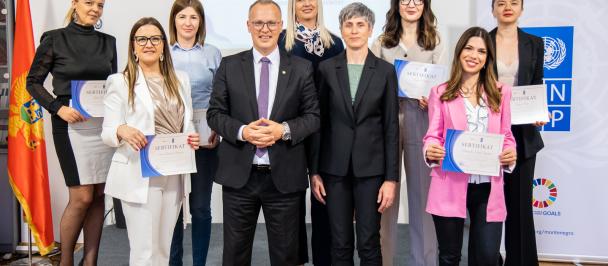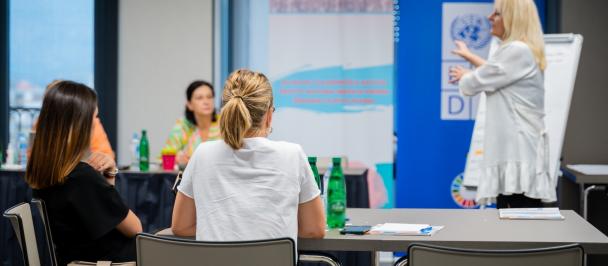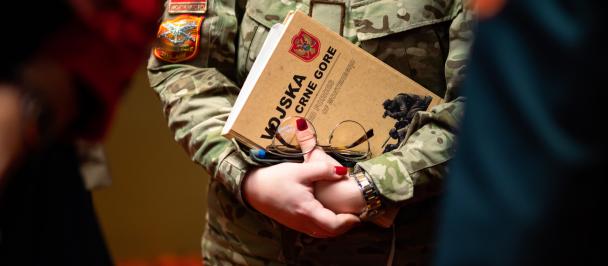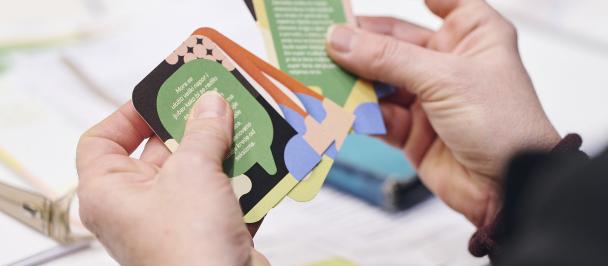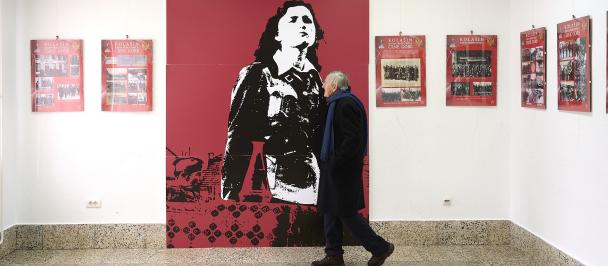Daniela Gašparíková, UNDP Resident Representative to Montenegro
Dear Ms. Bošnjak, Ms. Pavićević,
Distinguished Members of the Parliament,
Respected panellists, dear participants,
It is my pleasure to be here today and mark the anniversary of the Parliamentary Women’s Club establishment.
In pursuing dialogue about how to achieve gender equality today, I commend female MPs to have joined hands with women from various walks of public life in exploring and recognizing the existence of deeply rooted, harmful cultural norms and biases that shape our understanding of the world.
These conscious and unconscious biases often create the invisible obstacles in implementation and enforcement of policies, laws and strategies that should deliver for equality. Furthermore, their normalisation in public discourse in the form of misogyny, sexism and verbal attacks leads to an enabling environment in which deep-seated, stereotype views of women’s and men’s roles continue to hold back society as a whole.
Hence being aware, allows us to be alerted to their existence. With the great power in their hands and immense responsibility that comes with it, MPs stand at the forefront of ensuring the impact of legislation on citizens, including women and girls, keeps these biases actively in check through exercising their oversight function.
With 10 years since Montenegro’s ratification of Istanbul Convention on the horizon, the country and its institutions, including Parliament, will have an opportunity to reflect on the extent to which an accountable system of prevention and protection from all forms of gender-based violence has been established.
Acting to continuously improve existing system is a matter of implementation of Montenegro’s international commitments. At the same time, we owe it to all victims of the most brutal manifestation of gender inequality – violence against women – which has unfortunately and repeatedly taken its highest toll over the past 12 months.
In order to better prevent and respond to gender-based violence, we will need to overcome the current gap in data to continuously and periodically assess the prevalence of violence against women. The Gender Equality Index calculated for the 1st time in 2019 gauges also country’s performance in a dimension of – power – and points to its disbalance between women and men – as one of the key drivers of gender inequality and violence.
With multiple crisis unfolding as we speak, the country’s inclusive economic recovery must be built on the strengths of its human capital – men and women alike – with women at the table when decisions about the economic recovery are set.
Montenegro is fortunate to be able to build on strong education outcomes of girls and young women. At the same time, evidence and testimonies of women suggest that family and motherhood is the most common barrier to finding employment, as well as often-cited reason for its termination. This also shows in activity rate of women which has been stagnating for some time at around 44% (and is around 15% lower that activity rate of men).
And this doesn’t need to be so. Hence, I would like to call on power and strength of the all MPs to drive design of economic recovery advocacy that will lead towards freedom of choice for women. Creating enabling environment where women are able to decide on how to reconcile their family and income generation activities, leads to increased economic empowerment of women and better control over money and their lives. Increased economic activity of women is key to sustainable and sustained reduction in Montenegro’s poverty levels.
Achieving gender equality requires adequate and predictable resource allocation across all institutions, inclusive of funding for CSOs where they provide important social services. Public spending must be responsive to women’s needs and priorities and should be monitored for its impact on achieving gender equality and women’s rights. Herewith, I would like to recognise efforts of the Women’s Club as well as Parliamentary Committee for Gender Equality on addressing concerns of gender budgeting. I trust that this work will continue and progressively lead to better understanding of budgetary allocations in support of gender equality in all budgetary units.
For years, UNDP has been advocating for gender equality and rights of women as a non-negotiable pillar of stability, peace, security and inclusiveness of societies around the world. At any time, the principles of the UN Charter cannot be applied selectively and that’s why, also today we need to continue to ensure that rights and dignity of women and girls are safeguarded – this includes the right to live free from violence, their inclusion in decision-making processes and ensuring they are lifted and remain out of poverty.
Let me conclude by thanking the Women’s Club to have provided UNDP and myself with the opportunity to engage in a dialogue on gender equality.

 Locations
Locations